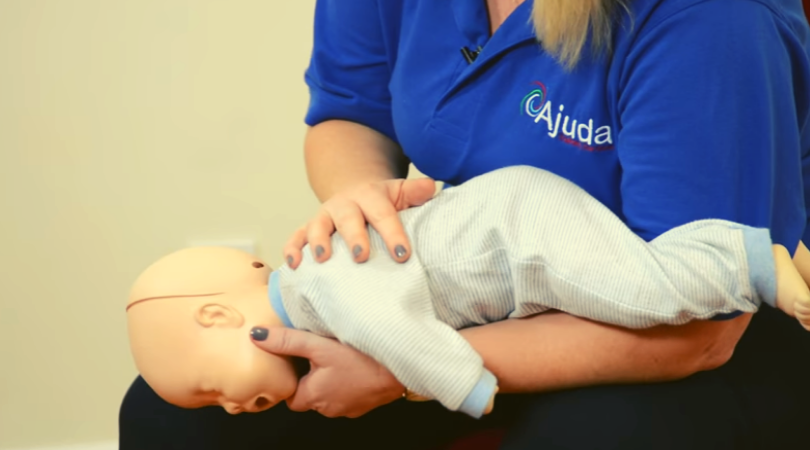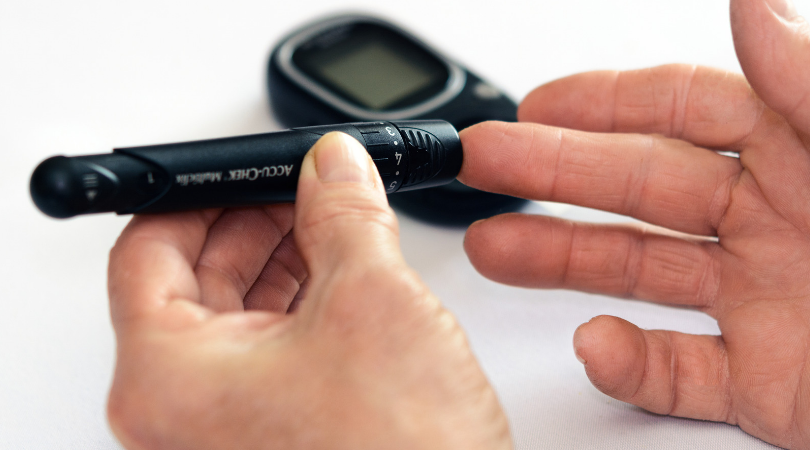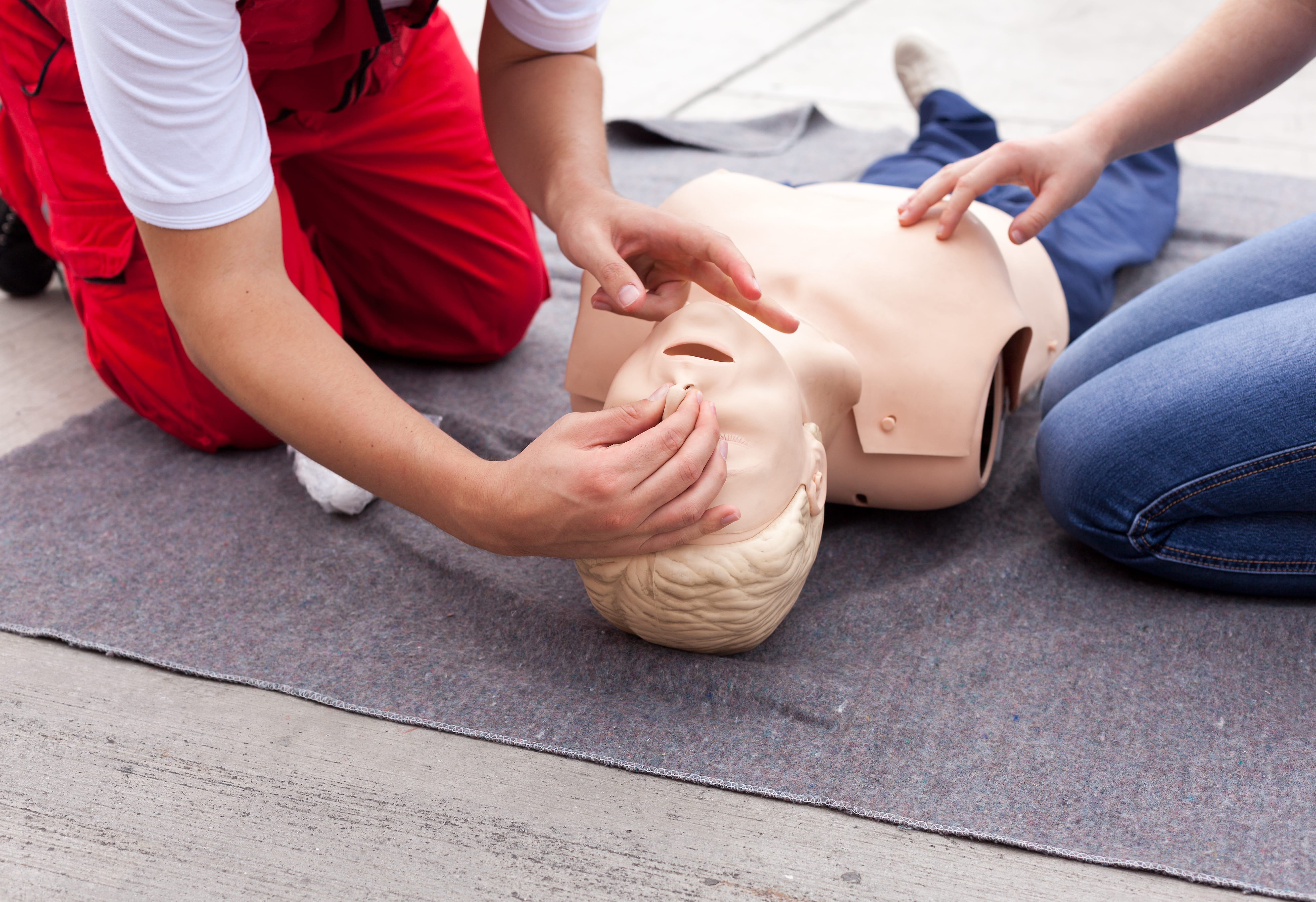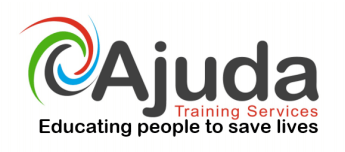First aid covers a multitude of skill sets and responses to many medical situations. Its primary aim, is to provide immediate medical care and treatment that will either resolve the situation (in less serious ‘everyday’ cases) or provide an essential short-term emergency stop-gap until professional medical assistance is in place. The aim of this course is to equip you with the theoretical knowledge, skills and confidence you need to deal with paediatric first aid situations. It covers all of the key topics including: emergency planning, assessing a situation, basic Life Support, CPR, shock, fractures, bleeding and a range of other minor illness and injuries. Please be aware that having a theoretical knowledge on its own is not enough to be considered competent in paediatric first aid and practical demonstration in some areas is required to complete this training. Please contact us to arrange this. Target Audience Paediatric first aid is a skill that would be useful for anyone that works with children and infants. This includes those working in nursery, school and pre-school environments, as well as professional childminders, club leaders and sports coaches. Advantages Although it can sometimes be difficult in what are often emotionally-charged circumstances, First Aiders need to remain as calm and objective as possible, especially when there is a medical emergency. Having the training and knowledge to deal with the situation effectively The online format allows you to progress through the modules at your own speed, and at times when it’s convenient for you to absorb the information. Further Progression There are a lot of courses in our health and social care suite that would make great follow ups to this course. The main one for people starting out in the early years sector would be Introduction to the Early Years Foundation Stage. Additionally the courses covering Epilepsy Awareness and Diabetes Awareness would complement this course as they go into more detail about these conditions.
Number of modules: 9 Course Duration: 115 Minutes Course Price: £35
Course information

(Note: This is based on the video content shown and is rounded off. It does not account in any way for loading time or thinking time on the questions)
Category: First Aid
Stroke Awareness
Course information
Strokes are the fourth single leading cause of death in the UK, as well as a leading cause of disability. Being aware of the causes and symptoms will help you act fast in a situation where you suspect someone is having a stroke and provide them with the best chance of receiving the treatment they need and minimising the long term impact of the condition.
This course will cover the types of strokes, the symptoms, and risk factors. It will also cover the treatment options and the longer term impact of the condition.
Target Audience
This course is aimed primarily at people working in adult care as they are likely to be working closely with people that are most at risk of having a stroke.
Advantages
Having a knowledge of the symptoms of stroke can equip you to identify these and act quickly if you are in contact with someone who has a stroke. The quicker medical treatment can be administered to the person suffering a stroke the better the
outcome is likely to be.
Online training is flexible, efficient and cost effective meaning the candidate can progress through the modules at their own pace and in their own time, so they can fit the training in around their work and personal life.
Further Progression
There are a lot of courses in our health and social care suite that would make great follow ups to this course and if you are in the adult social care sector then they would all provide valuable additions to your knowledge.
Specific topics that compliment this directly are Diabetes Awareness, Dementia Awareness and Epilepsy Awareness as these are all conditions that can either increase the risk of having a stroke or develop after someone has had a stroke.

Number of modules: 4
Course Duration: 55 Minutes
(Note: This is based on the video content shown and is rounded off. It does not account in any way for loading time or thinking time on the questions)
Course Price: £25
Diabetes Awareness
Course information
Diabetes is a serious lifelong health condition that occurs when the amount of glucose, or sugar, in the blood is too high. If left untreated, high blood glucose levels can cause serious health complications.
Diabetes can develop in anyone at any point in their life although there are certain groups and age ranges where it is more common. There are a range of symptoms that could indicate that someone had Diabetes, these range from excessive thirst to
feeling more tired than usual. It is believed that up to 26% of residential and nursing home residents have Diabetes so being able to recognise the symptoms and knowing how you can help them to manage the condition is essential.
This course is aimed at people working in the health and social care sector and will provide an overview of the condition, the common symptoms that might indicate someone has diabetes, methods of diagnosis, some possible treatments and
common complications that can affect those with the condition.

Number of modules: 3
Course Duration: 45 Minutes
(Note: This is based on the video content shown and is rounded off. It does not account in any way for loading time or thinking time on the questions)
Course Price: £25
Epilepsy Awareness
Course information
When introducing epilepsy, we must first recognise that there are around 40 different types of seizures. Statistics show that one in five people will have a seizure at some time in their life although only some of these will be caused by epilepsy.
Epilepsy is a neurological condition that affects the brain and the nervous system and is covered by the Equality Act 2010. The condition can affect people for only a portion of their life or it can be lifelong. Because of the varied nature of the condition an awareness of epilepsy and the actions you can take if you are present during a seizure is incredibly useful for those who work in health and social care.
This course will give you an overview of epilepsy. It lists the methods of diagnosis, what a seizure is and how the brain can be affected. It will introduce some possible seizure triggers and describe what to do when someone has a seizure. It will also discuss some of the treatments offered to people with epilepsy and provide practical advice on what you can do if you witness someone having a seizure.

Number of modules: 3
Course Duration: 30 Minutes
(Note: This is based on the video content shown and is rounded off. It does not account in any way for loading time or thinking time on the questions)
Course Price: £35
Emergency First Aid Annual Refresher
Course information
What is Emergency First Aid? Well it’s exactly that, the first aid to be offered if an incident occurs. Not many of us are confronted with scenes of blood and gore in our everyday lives – so usually first aid could be as simple as sticking a plaster on a small cut.
But what if you did find yourself confronted with a more serious situation. This Emergency aid course will highlight some of the most common situations that you might come across and the actions that you can take to help.
In the most serious situations a first aider’s role will be to assess the scene so that accurate information can be passed to Emergency services and then to act appropriately to try and increase the patients odds of survival.

Number of modules: 16
Course Duration: 150 Minutes
(Note: This is based on the video content shown and is rounded off. It does not account in any way for loading time or thinking time on the questions)
Course Price: £35


